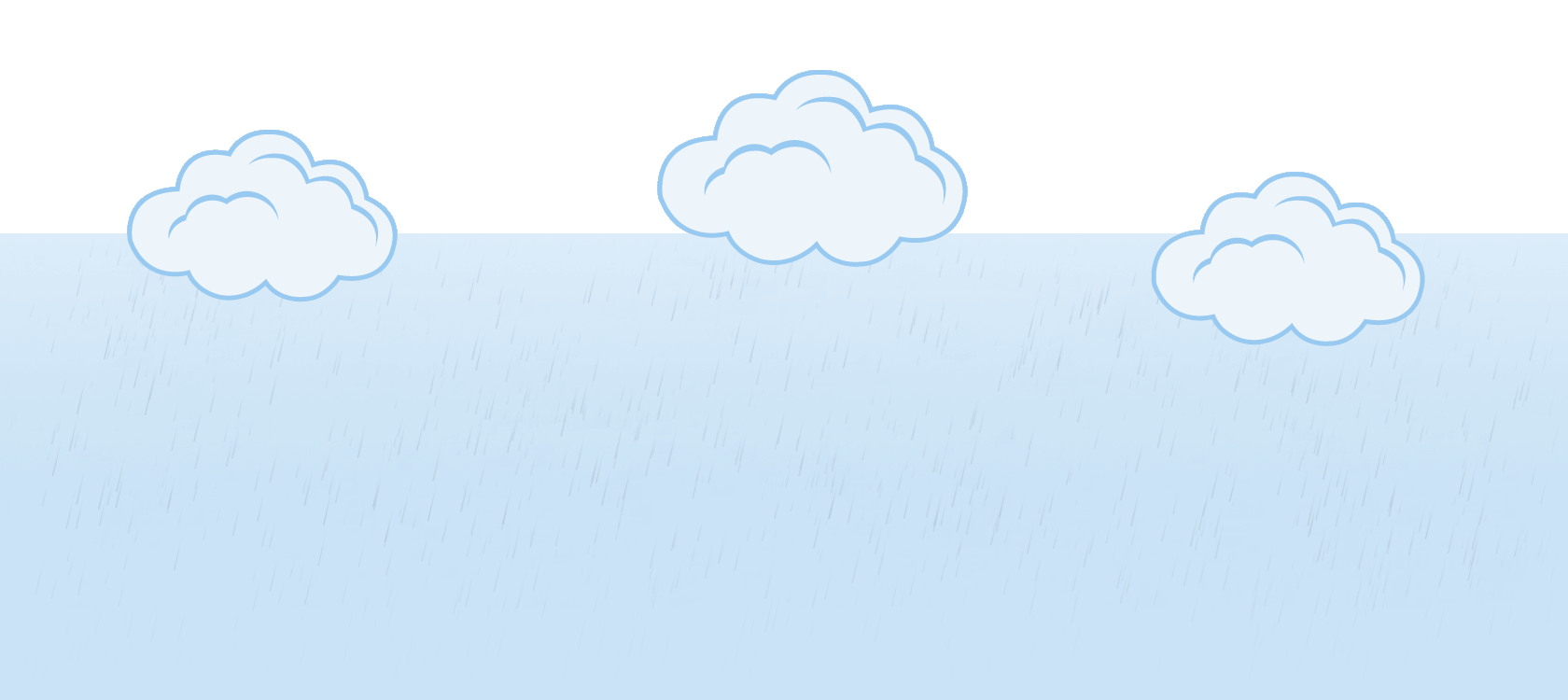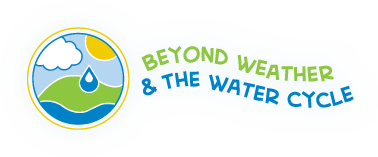Understanding climate and all the components that are involved (atmosphere, land, water, ice, clouds, living organisms) is complicated and beyond the scope of elementary science curriculum. Instead of writing a unit plan that focuses on climate, we’ve shared four that provide opportunities for in-depth explorations of important foundational concepts: weather, water as a solid, liquid and gas, and the water cycle. These unit plans incorporate many of the lessons highlighted in Setting the Stage for Understanding the Climate System’s Complex Interactions.
UNIT PLANS
Weather
Weather and Climate: Grades K-2 Unit
This unit was designed to introduce primary students to weather vocabulary and develop their abilities to make observations and record data. It uses firsthand experience, data, and text to answer these questions: How does the weather change over time? How can we talk about changes in the weather?
Weather and Climate: Grades 3-5 Unit
This unit was designed to help students develop an understanding of weather through a comparison of weather data from several locations. It uses real data, text, and inquiry to answer the question: How does the weather in the Arctic, Antarctica, and [insert hometown] compare?
Water and the Water Cycle
Water, Ice, and Snow: Grades K-2 Unit
This unit was designed to provide primary students with opportunities to investigate and observe water as a solid, a liquid, and a gas. It uses text and hands-on experiences to answer the questions: How does water change from a solid to a liquid to a gas? and Where can we see these changes in nature?
Water, Ice, and Snow: Grades 3-5 Unit
This unit was designed to provide elementary students with opportunities to observe and model the states of matter and the water cycle. It uses hands-on experiences and text to answer the questions: Where do we find water on Earth? and How does water change from one state to another?
This article was written by Jessica Fries-Gaither. Jessica is an education resource specialist at The Ohio State University and project director of Beyond Penguins and Polar Bears. She has taught in elementary and middle school settings. Email Jessica at beyondweather@msteacher.org.
Copyright March 2011 – The Ohio State University. This material is based upon work supported by the National Science Foundation under Grant No. 1034922. Any opinions, findings, and conclusions or recommendations expressed in this material are those of the author(s) and do not necessarily reflect the views of the National Science Foundation. This work is licensed under an Attribution-ShareAlike 3.0 Unported Creative Commons license.



